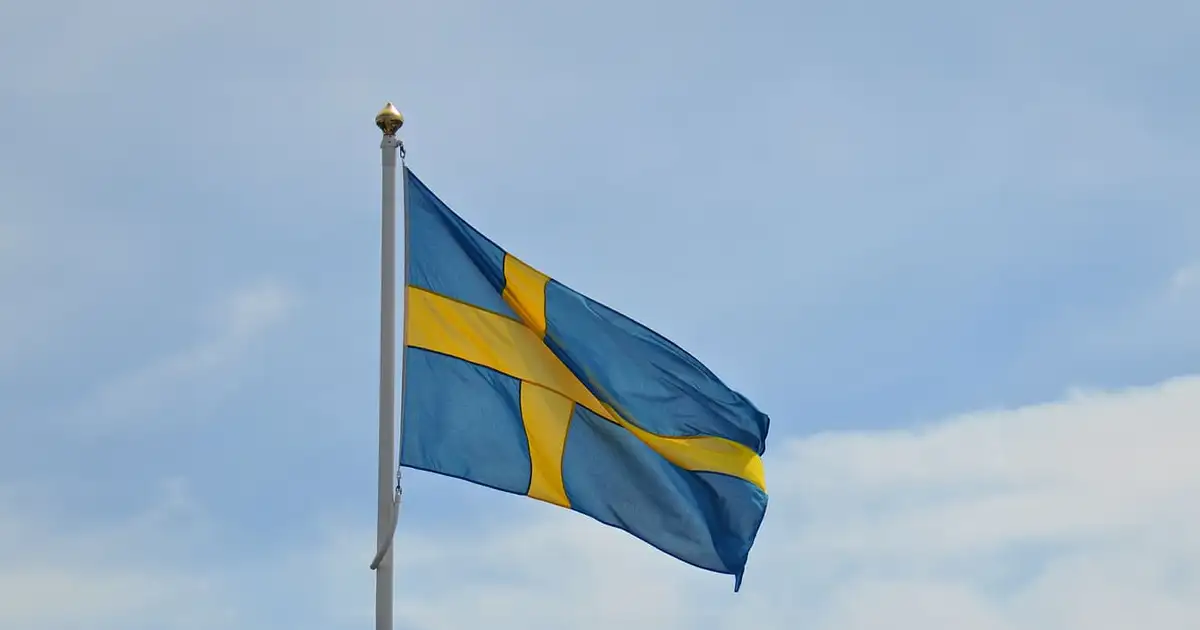Sweden closes its last land-based casino
On 25 April 2025, Stockholm’s Casino Cosmopol closed its doors, marking the end of an era for land-based casinos in Sweden. This decision, taken by the Swedish government, brings to an end more than two decades of state operation of physical casinos.
Since the opening of the first Casino Cosmopol in Sundsvall in 2001, followed by those in Malmö, Gothenburg and Stockholm, these establishments have been the only land-based casinos authorised in the country, operated by the state-owned subsidiary Svenska Spel. However, faced with declining profitability and falling attendance, the government felt it necessary to reassess their relevance.
Reasons for closure
Several factors led to this decision. The rise in popularity of online casinos has diverted a large proportion of players away from physical establishments. The COVID-19 pandemic also accelerated this transition, with temporary closures and health restrictions having a heavy impact on the activity of land-based casinos.
For employees: a social and professional shock
The closure of Stockholm’s Cosmopol Casino will affect around 200 employees working in reception, security, gaming, catering, administration and technical services. These job losses are in addition to those already recorded in previous closures.
Ola Enquist, CEO of Casino Cosmopol:
‘We share the government’s assessment and have prepared for the Riksdag’s decision. Nevertheless, this decision is of course emotionally difficult, as it means that an era will come to an end when the Stockholm casino closes its doors. Our current priority is to support our employees, while remaining open and continuing to take care of our customers.’
While Svenska Spel is committed to supporting its employees, in particular by helping them to retrain or find a new job, few opportunities exist in the land-based casino sector in Sweden… since it no longer exists.
Former employees now have to switch to other sectors, such as online gaming, tourism or events management. But these sectors require specific skills, and the prospects of immediate re-employment are slim, especially for croupiers, security guards or specialised waiters.
For gambling regulation: a double-edged sword of transformation
Since the liberalisation of the market in 2019, online gambling has seen strong growth. With the closure of physical casinos, Sweden’s entire legal gambling sector is now going digital.
The Swedish Gaming Regulatory Authority (Spelinspektionen) must now adapt its methods to a 100% digital environment. But these measures are sometimes criticised for being too rigid, driving some players to illegal or foreign sites that are not subject to Swedish regulation.
Land-based casinos also constituted a physical space for prevention: security guards and staff were trained to spot risky behaviour. Their disappearance deprives regulation of an important human lever in the fight against addiction and fraud.
A changing gambling landscape
The closure of land-based casinos is part of a wider trend in the Swedish gambling market. Since the liberalisation of the market in 2019, online gambling has grown significantly. However, this expansion has been accompanied by regulatory challenges. Strict restrictions have been put in place to protect players, including limits on deposits and bans on certain types of promotions. These measures have drawn criticism from the industry, which sees them as counter-productive.


